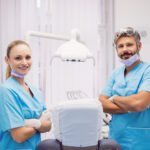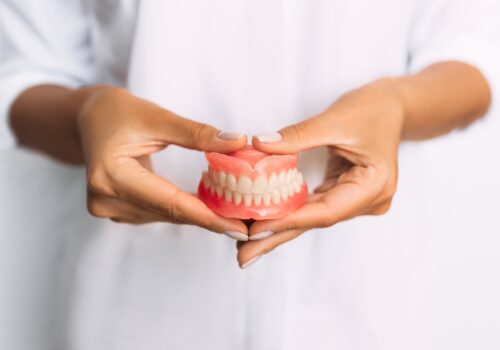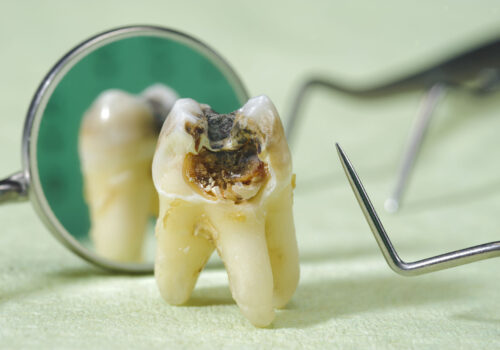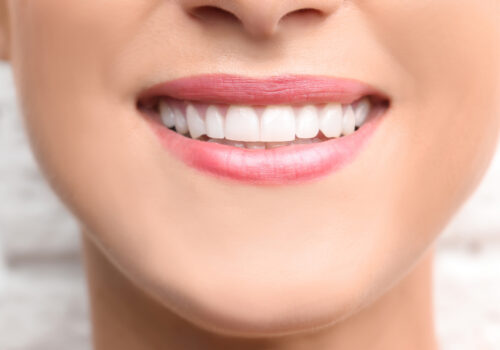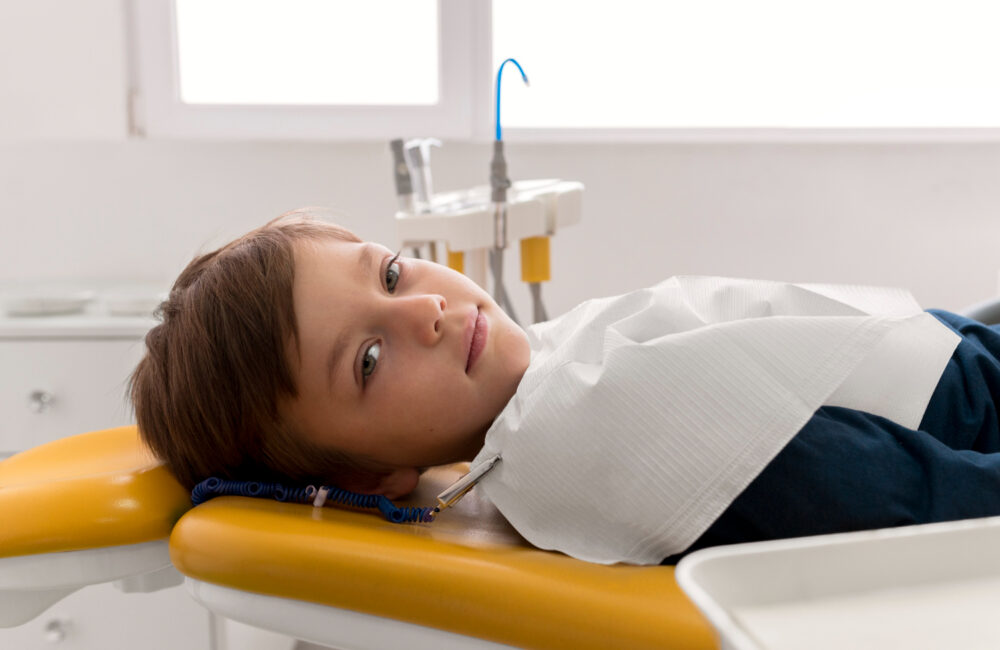
Are you considering dental sedation for kids? The scraping of tartar, the drill’s sound, and the exam’s stress can be unpleasant to toddlers children. These experiences can make toddlers, older children, and some adults nervous and scared of going to the dentist. An American Dental Association study found that a little more than 20% of adults fear going to the dentist. The fear of the dentist in toddlers and older children can make them feel anxious about going to the dentist.
To ease their fears, your dentist may recommend sleep sedation, which involves:
putting the child to sleep for dental work. Should kids be sedated for dental work? The short answer is yes. Sleep dentistry (sometimes referred to as sedation dentistry) helps thousands of individuals get the dental care they need. They would otherwise avoid them due to anxiety or fear. One key fact to remember is that fear of the dentist is okay. In fact, the Journal of Dental Hygiene reports that between 50-80 percent of Americans experience some level of dental anxiety.
Dental sedation for kids will help children relax before undergoing dental treatment. Sedation dentistry means using medication to help patients relax during dental procedures. Some methods include oral sedation, nitrous oxide (“laughing gas”), IV sedation, and general anesthesia. For your peace of mind, this article will help you learn about the types of dental sedation that are available and what you can do to prepare for sedating a child for dental work.
Types of Sedation Dentistry for Kids
There are several types of sedation dentistry, and the dentist uses mild sedation that will not cause the patient to fall asleep. However, sleep sedation can reduce anxiety for children about their next dental visit. Your dentist can administer anesthesia or sedation safely in the office. Sedation dentists typically provide one of the following types of dental sedation for kids:
Oral Sedation
Oral sedation for toddlers and children comes in pill form and is administered by your dentist. Before the procedure, your dentist will give your child the pill. The pills are a type of benzodiazepine (Xanax, Valium, Halcion). These medications decrease the activity of brain regions responsible for regulating anxiety and fear. The result will be a relaxed and calm feeling that will help your dentist provide quality care.
Even though oral sedatives may help your child feel sleepy and relaxed, they will remain awake during the procedure. Following oral sedation for toddlers, the effects will take some time to wear off, so the patient will likely need to rest at home later in the day.
Several types of medications are available for this purpose, and the prescription will be based on the patient’s health history. Due to the fact that your child is awake during dental work, dentists and oral surgeons can give these medications safely.
Advantages
- Easy to administer
- No needles
- Little or no memory of the procedure
- FDA Approved Safe:
- Responsiveness during the procedure
Disadvantages
- Not immediately effective
- Sedation levels cannot be changed easily:
- Nitrous oxide
Are you feeling debilitating anxiety ahead of your child’s dental appointment?
Your child will undergo a lengthy dental procedure. You cannot stop imagining your child’s pain. Dental sedation for kids can be tough on kid and parents. However, the use of laughing gas may be necessary in any of these situations. But what is “laughing gas” exactly? How does it work? Is laughing gas safe for children’s dental work?
Laughing gas is nitrous oxide, a colorless gas mixed with oxygen. Nitrous oxide plays a big part in sleep dentistry for kids. Doctors use it as a sedative to relieve pain. The gas is inhaled, either directly into the mouth or into an object such as a mask or balloon. For a short time, nitrous oxide gives you a feeling of euphoria and floating. Nitrous oxide is the least invasive mild sedative. During this moderate sedation, children are usually sleepier, however, they can usually carry out the dentist’s or oral surgeon’s instructions.
Young adults and older children tolerate moderate sedation better than their more youthful or more fearful counterparts. They can breathe on their own and will usually wake up easily.
Before the procedure, your child will inhale both nitrous oxide and oxygen. It can make them giggle or laugh, which is where the term “laughing gas” originated. Some patients, however, experience tingling in their hands and feet as well. Many people feel lightheaded and silly, but most do not mind it.
After a few seconds or minutes, nitric oxide wears off. At the end of the procedure, pure oxygen will be given to your child in order to remove any lingering nitrous oxide. After leaving the dentist’s office, your child can resume their usual activities.
When used under the care of a physician, nitrous oxide is safe part of sleep dentistry for kids. However, some people may experience side effects such as headaches and nausea. The removal of the laughing gas may also cause children to feel agitated or vomit. The good news is that the side effects only affect 5% of patients.
Intravenous (IV) sedation
If pediatric sedation dentistry for kids is needed at a deeper level, IV sedation dentistry for toddlers is an option. The patient will fall asleep under IV sedation, but will not be completely unconscious. During the procedure, they will feel as if they are asleep, but they will still be able to respond to requests or questions.
It can help reduce your toddler’s anxiety, but first, be sure that they are not afraid of needles. To administer intravenous sedation, a needle is inserted into a vein, usually on the back of the hand. As soon as your child regains consciousness, they will not be focused on all the dental work going on around them.
After the procedure, the patient may remember nothing about it. Following IV sedation, the patient may rest at home for the rest of the day.
General Anesthesia
This type of pediatric sedation dentistry involves giving your child intravenous medication to help them sleep. General anesthesia for toddler dental work includes a combination of medications, usually anesthetic gases, that induce a sleep-like state before a medical procedure or surgery. It is administered by inhaling anesthesia gas or injecting it intravenously in a hospital setting or specially equipped dental office, or ambulatory surgical center (ASC). Besides putting the patient to sleep, these drugs paralyze the muscles as well. Some might say this might be a bit much for a child to put a child under anesthesia for dental work.
What does it feel and look like
However, an anesthetized brain does not react to reflexes or pain signals. Your child will be totally asleep and pain-free in a few minutes. There may be some noises and movements from your child, but it is unlikely that they will breathe independently. To control breathing, the dentist places a tube in the windpipe. Anesthesia for toddler dental work can render your child completely unconscious and they can not feel pain. As a safety precaution, anesthesia patients undergo close monitoring and will probably stay overnight in the hospital.
Anesthesiologists (dentists, physicians, or nurse anesthetists) administer medications and monitor your child while they undergo dental treatment. A second qualified observer should always accompany your child. They can monitor his or her blood pressure, heart rhythm, heart rate, and oxygen saturation (breathing) before, during, and after the procedure. Some of the qualified observers include toddler dentists, kids sedation dentists, and toddler sedation dentists. These professionals can also tell you when your child can go home. Anesthesia for toddler dental work is generally safe even if you have significant health problems.


